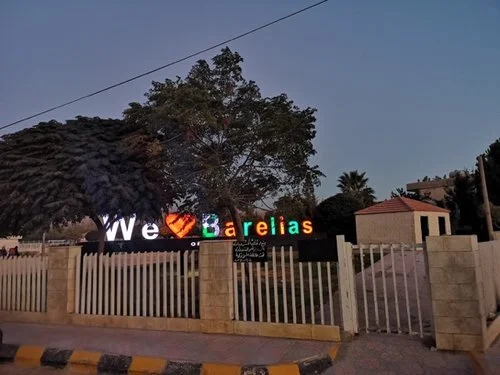Transforming Education in Challenging Environments
This MOOC aims to support the many teachers in Lebanon working in challenging circumstances with vulnerable children by providing a place to share experience and expertise across the public, private, UNRWA and NGO schools.
Discover practical ways teachers can transform the education of children and young people living in conflict-affected contexts. The course includes video case studies showing how teachers in some of the most challenging environments have transformed their approaches to teaching. If you are a teacher, a trainer, of a volunteer working with refugee and displaced children and youth or a university student completing your education programme and expecting to work in challenging contexts, this course is designed for you.
The course is a social learning process – you watch short videos, try the activities, join the discussion, and exchange ideas with other participants. You can upgrade at any time to gain a Certificate of Achievement from University College London and the Lebanese American University when you complete the course. This gives you unlimited access to all the resources to use in your own local professional development courses.
FAQs
Who is this course for? Anyone who is teaching or involved in some way with teaching in challenging environments. There is a focus on environments affected by mass displacement, but the challenges these teachers face - such as children who have experienced trauma, or diverse languages, cultures, age groups in one classroom, or children from disrupted families - can be found in all countries and communities.
Who designed it? Education academics who do research and teacher training, at two universities, University College London (UCL), and the Lebanese American University (LAU) in Beirut.
What will I gain from completing the course? You will have exchanged experiences, ideas, and solutions with other experienced professionals from a wide range of different countries; seen the inspiring interviews with teachers dealing with challenges and finding solutions; acquired resources such as videos, documents, and access to digital tools that you can continue to use; a certificate of completion if you complete and pay for the certificate.
Who is the course endorsed by? UCL and LAU.
Will it further my career? Learning online is a valuable experience in itself, giving you experience of digital learning which you can take into your own professional work. Employers value this kind of experience. Your engagement with innovative global courses of this kind will be a point of differentiation with other candidates for promotion or other positions.
How many hours do I need to invest per week? 3-4 hours per week.
Can I enrol after March 15th? Yes, at any time until 26 April, and you will be able to continue accessing it for 6 weeks after enrolment, no matter what you enrol.
Is this course completely free? Yes for the Edraak course in Arabic. For the English course on FutureLearn you can study the whole course free, but there is a charge for upgrading, which provides you with a certificate, and unlimited access to the course and its activities.
Will I be able to contact the course professors if I had any questions? You can ask questions of the Educators in the discussion which is attached to every step.
Is this course only for individuals in Lebanon? No, although the video case studies are mostly based in Lebanon. It is open to participants from almost every country in the world.
Open
Sign up at FutureLearn (English)
Sign up at Edraak (Arabic)





